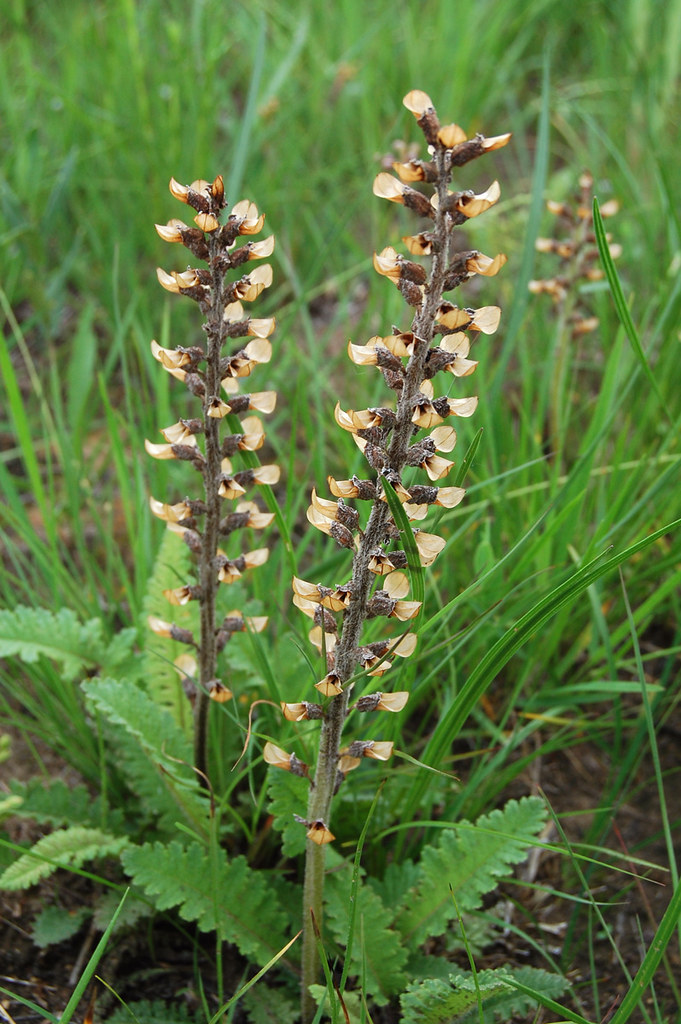Botanical Description:
Scientific Name: Allium schoenoprasum
Family: Amaryllidaceae (Amaryllis Family)
Common Names: Chives, Schnittlauch (German)
Description: Chives are a perennial herb belonging to the Allium genus, which also includes garlic and onions. The plant features slender, tubular leaves that resemble grass blades and grow in clumps. Chives produce globular, lavender-colored flowers in late spring to early summer, adding ornamental value. Native to Europe and Asia, chives have become widely cultivated and naturalized in various regions. Both the leaves and flowers are edible and are commonly used as a culinary herb.
Disclaimer:
This Materia Medica is provided for informational purposes only and should not replace professional medical advice. Please consult with a qualified healthcare practitioner or herbalist before using any herbal remedies.
Therapeutic Actions:
- Antioxidant: Chives contain antioxidants that help neutralize free radicals in the body.
- Anti-Inflammatory: The anti-inflammatory properties of chives may be beneficial for conditions related to inflammation.
- Mild Diuretic: Chives may have a mild diuretic effect, supporting healthy fluid balance.
- Antibacterial: Compounds in chives exhibit antibacterial properties, potentially contributing to immune health.
- Nutrient-Rich: Chives are a rich source of vitamins and minerals, including vitamin C, vitamin K, and folate.
Constituents:
- Allicin: Allicin, responsible for the characteristic odor of Allium plants, contributes to the antibacterial properties of chives.
- Quercetin: A flavonoid with antioxidant and anti-inflammatory effects found in chives.
- Sulfur Compounds: Various sulfur compounds, similar to those found in garlic, contribute to the therapeutic profile of chives.
- Vitamins and Minerals: Chives are rich in vitamin C, vitamin K, folate, and minerals like potassium.
Traditional Uses:
- Digestive Support: Chives have been traditionally used to support digestion and alleviate mild digestive discomfort.
- Immune Health: The antibacterial properties of chives may contribute to immune system support.
- Anti-Inflammatory Applications: Chives may be included in the diet for conditions associated with inflammation.
- Culinary Use: Widely used in cooking, chives add flavor to a variety of dishes, salads, and soups.
- Vitamin and Mineral Boost: Chives offer a nutrient-rich addition to the diet, providing essential vitamins and minerals.
Dosage and Preparation:
- Culinary Use: Chives are most commonly used as a culinary herb, added fresh to salads, soups, and various dishes.
- Infusions or Teas: Infusions or teas made from chives are not typical, as the herb is primarily consumed in its fresh form.
- Topical Applications: The fresh juice of chives may be used topically for certain skin conditions, following appropriate guidance.
Cautions and Considerations:
- Allergic Reactions: Individuals allergic to Allium plants (onions, garlic) may experience allergic reactions to chives.
- Digestive Sensitivity: Some individuals may experience mild digestive sensitivity to the consumption of chives.
- Pregnancy and Lactation: Pregnant or lactating individuals should consult with a healthcare provider before introducing chives into their diet.
- Medical Interactions: Individuals taking medications should consult with a healthcare provider, as chives may interact with certain drugs.
Conclusion:
Chives, with their mild yet distinctive flavor, contribute not only to culinary delights but also offer potential therapeutic benefits. Rich in antioxidants, anti-inflammatory compounds, and essential nutrients, chives provide a flavorful way to support overall health. Whether added fresh to dishes or included for their potential immune-boosting properties, chives are a versatile and beneficial herb. As with any herbal remedy, individual considerations and potential interactions should be taken into account. Integrating chives into a balanced diet can be a flavorful and nutritious way to enhance well-being.





